১০ ফাল্গুন ১৪৩২
Pakistan Keen to Establish a University in Bangladesh, Offers Scholarships for Bangladeshi Students
27 October 2025 20:10 PM
NEWS DESK
After a gap of two decades, the ninth meeting of the Bangladesh–Pakistan Joint Economic Commission (JEC) has been held, marking a renewed effort by both countries to strengthen cooperation in trade, agriculture, information technology, food, energy, pharmaceuticals, and communications.
The meeting took place on Monday (October 27) at the NEC Conference Room in Sher-e-Bangla Nagar, Dhaka.
According to Bangladesh’s Economic Relations Division (ERD), Pakistan proposed 500 new scholarships for Bangladeshi students and expressed interest in establishing a campus of one of its universities in Bangladesh.
Pakistan also expressed willingness to participate through open international tenders in the supply of security ink used for printing all denominations of banknotes, prize bonds, and other security materials. Additionally, it offered to provide technical training in the banking sector.
The meeting was described as a significant step forward in enhancing bilateral and regional economic cooperation between the two South Asian nations.
The last session of the JEC was held in 2005, and both sides hailed the resumption of the platform after 20 years as a “remarkable advancement” in bilateral economic relations.
The Bangladeshi side was led by Economic Adviser Dr. Salehuddin Ahmed, while Pakistan’s Minister for Petroleum Ali Parvez Malik headed the delegation from Islamabad. Senior officials from both countries’ ministries and agencies related to trade, civil aviation, agriculture, information technology, and maritime affairs attended the meeting.
Following the discussions, Dr. Salehuddin Ahmed told reporters that the talks covered a wide range of sectors — including agriculture, trade, information technology, food, aviation, and maritime transport — with the aim of improving the living standards of people in both countries.
“This is a very important meeting,” Dr. Ahmed said. “After 20 years, we have resumed economic dialogue with Pakistan, and it has been very successful. We discussed cooperation in agriculture, IT, food, maritime transport, and other sectors, which will benefit both nations.”
He added that Bangladesh’s approach is not limited to bilateral cooperation:
“We want to move toward broader regional cooperation as well. If South Asian countries work together in this way, it will bring prosperity for all. We have called for strengthening this cooperation framework.”
Dr. Ahmed also said that specific focal points would be designated within relevant ministries — including civil aviation and shipping — to monitor the progress of the agreed areas.
When asked about specific trade targets, he said no numerical goal had been set during the meeting. “The relevant ministries and agencies will take follow-up actions in areas such as agriculture, research, food processing, and IT cooperation,” he added.
Speaking to journalists, Pakistan’s Petroleum Minister Ali Parvez Malik thanked Bangladesh for hosting the meeting, saying,
“It is truly significant that this JEC meeting is taking place after 20 years. We want to utilize this positive momentum to move forward in our mutual interests.”
He noted that both countries already share a number of common interests and that this platform would help make such cooperation more effective.
“We will strive to implement the areas of cooperation we have agreed on,” Malik said. “By the time we meet at the next JEC session, we hope to see tangible progress toward our shared goals.”
Addressing the trade deficit, Malik pointed out that trade between Bangladesh and Pakistan currently stands at less than one billion dollars, despite both countries having large populations and complementary economies.
“We should work to increase trade volumes and support each other’s development,” he said.
He added that Pakistan is interested in expanding cooperation in agriculture beyond jute and jute products, exploring opportunities to source additional agricultural goods from Bangladesh.
“Pakistan will continue importing from Bangladesh,” Malik said. “We will explore new areas of collaboration in agriculture, pharmaceuticals, power, and energy. God willing, we will expand cooperation beyond jute — though jute will remain an important component of our partnership.”
He also mentioned that further discussions on energy cooperation would be held later in the day.
Referring to recent high-level visits between the two nations, Malik noted that Pakistan’s Deputy Prime Minister visited Bangladesh in August, and both countries continue to engage actively in multilateral forums.
“We believe this spirit of friendship and cooperation will grow stronger. God willing, we will maintain this positive momentum,” he said.
Both sides agreed to work on expanding trade and investment opportunities, making the agreed areas of cooperation more effective, and ensuring tangible progress by the time of the next JEC meeting.
The Bangladesh–Pakistan Joint Economic Commission (JEC) serves as a bilateral platform to promote cooperation in trade, investment, agriculture, energy, and technology. Its resumption in 2025 reflects the two countries’ renewed commitment to strengthening their economic and regional ties.





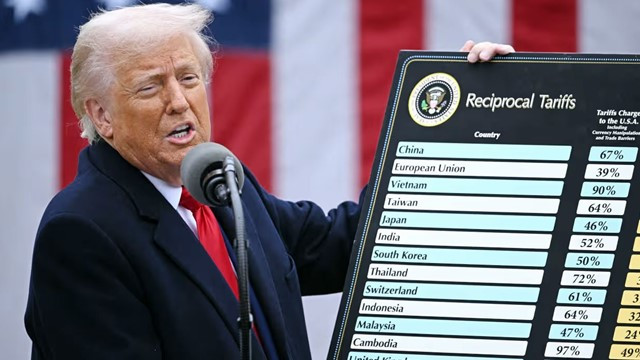
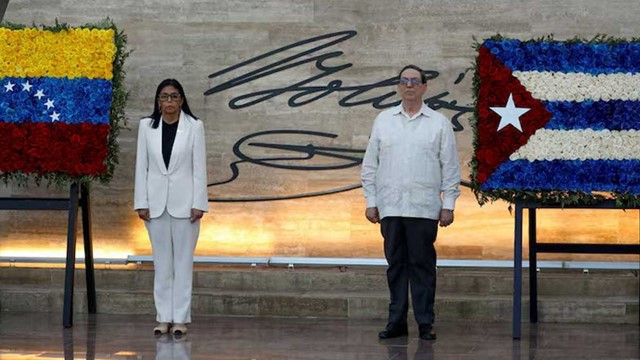
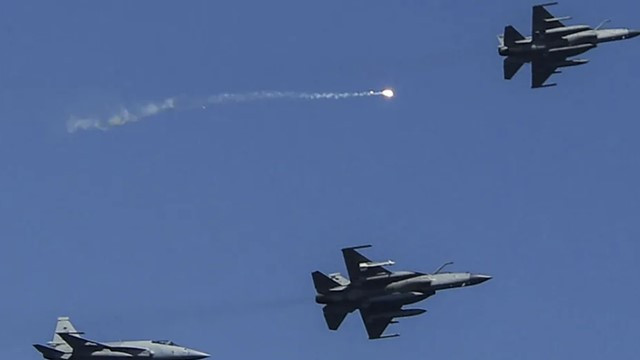
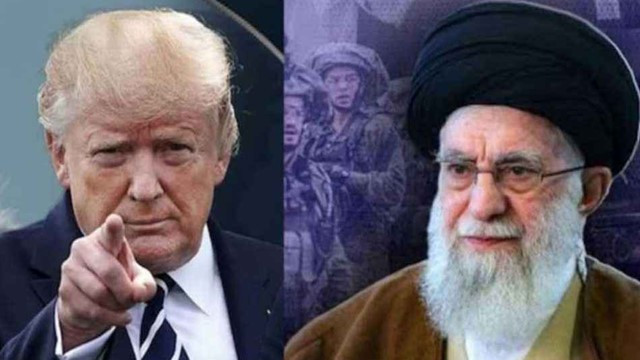
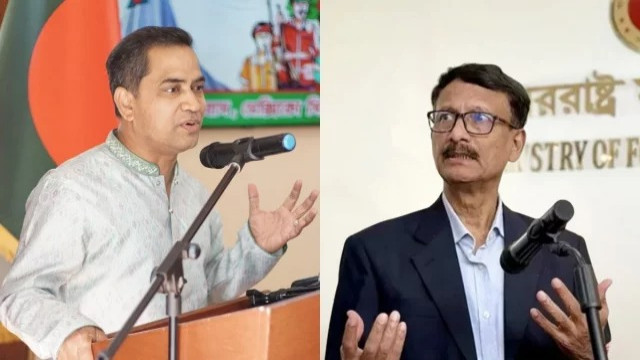
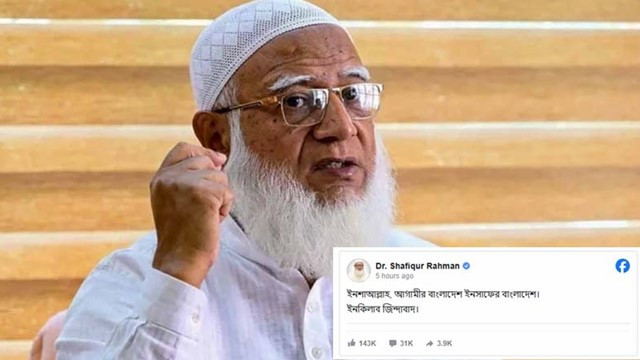


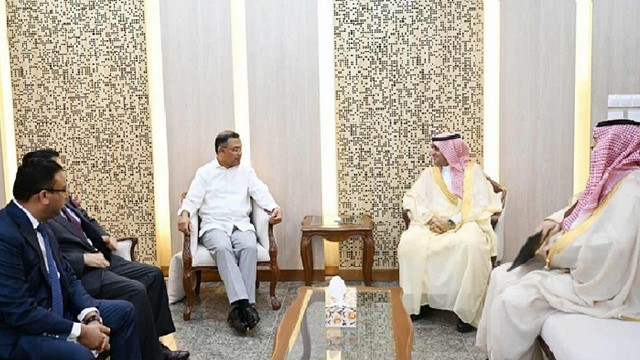

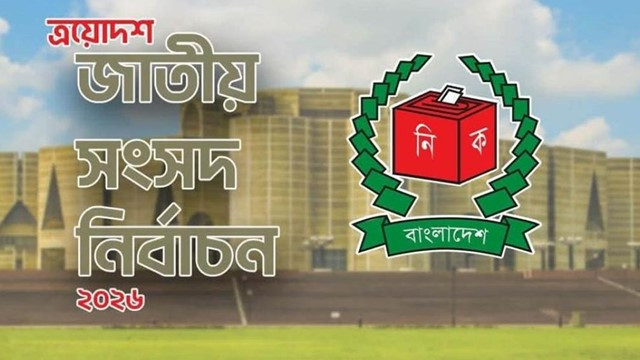
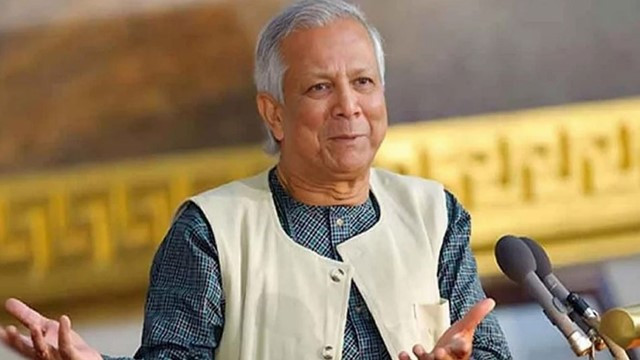
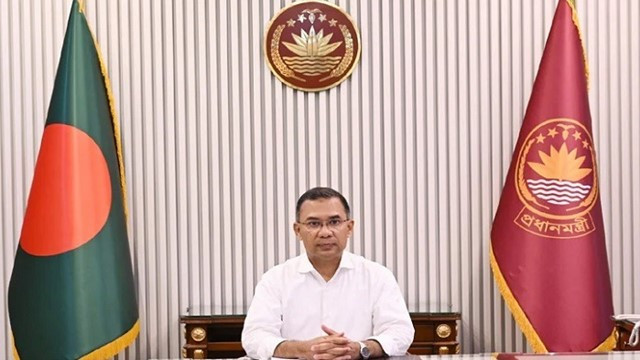
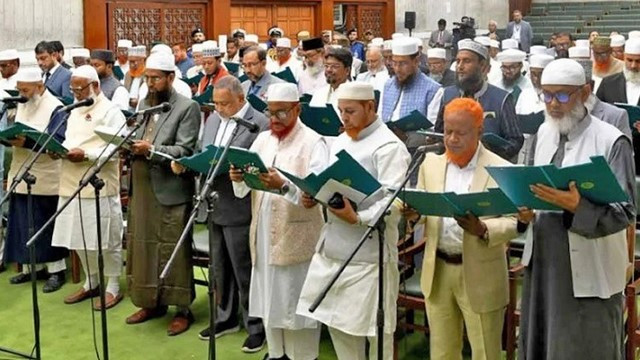
Comments Here: